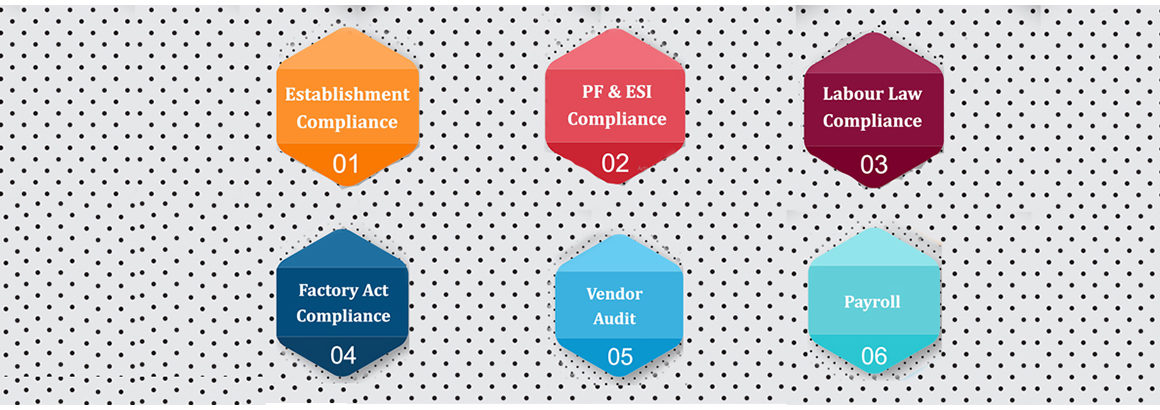The first factory act of India was passed in 1881.This act was designed to provide to ensure health and safety of workers.This law was only applicable to factories having 100 or more workers which was extended in factories act 1891 from 100 to 50.
The main objective of factory act in India is to ensure a safe environment for the persons working in factory.This act is applicable to any premises involved in manufacturing process engaging 10 or more people with the aid of power or 20 or more people without the aid of power.
The Act also restricts the hours of work, provides for overtime and spread of working hours, and employment of young persons and women.
Factory act includes the following important rights of Workers
1) Health- For protecting the health of workers,the act lays down that every factory in India should be kept clean and all necessary precautions shall be taken in this regard.The factories should have proper drainage system, adequate lighting, ventilation, temperature etc.
2) Safety- For safety of workers the machinery should be fenced,no person should work at any dangerous machine.In confined spaces,there should be provision of manholes in case of emergency
3) Welfare- Proper facilites for washing should be maintained for the use of workers.
4) Working hours- No adult worker is allowed to work more than 48 hours a week.There should be weekly holiday
Definition of a factory according to factory act of India?
According to section2(m) of factory act a factory can be defined as any premises:
1) Where 10 or more workers are working or were working on any day of the preceding 12 months,and in any part of which a manufacturing process is being carried on with the aid of power.
2) Where 20 or more workers are working or were working on any day of the preceding 12 months, and in any part of which a manufacturing process is being carried on without the aid of power.
What is manufacturing process?
Manufacturing process can be defined as:
1) Making, altering, repairing, ornamenting, finishing, packing, oiling, washing, cleaning, breaking up, demolishing, or otherwise treating or adapting any article or substance with a view to its use sale, transport, delivery or disposal, or
2) Pumping oil, water, sewage or any other substance or
3) Generating, transforming or transmitting power or
4) Composing types for printing, printing by letter press, lithography, photogravure or other similar process or book binding or
5) Constructing, reconstructing, repairing, refitting, finishing or breaking up ships or vessels or
6) Preserving or storing any article in cold storage.
Penalties
If any provision or rules under the factory act 1948 is violated, it is treated as offence.The following penalties can be imposed on violation of these rules:
1)Imprisonment for a term which may be extended to one year.
2) Fine which may be extended to one lakh rupees
3) Both fine and imprisonment.




Excellent blog right here! Additionally your site loads
up very fast!
Nice article thanks for sharing this info
https://www.duxdatarecovery.com
This is very interesting, You’re a very skilled blogger.
I have joined your rss feed and look forward to seeking more of your wonderful post.
Also, I have shared your web site in my social networks!
Fastidious response in return of this issue with genuine
arguments and describing all concerning that.